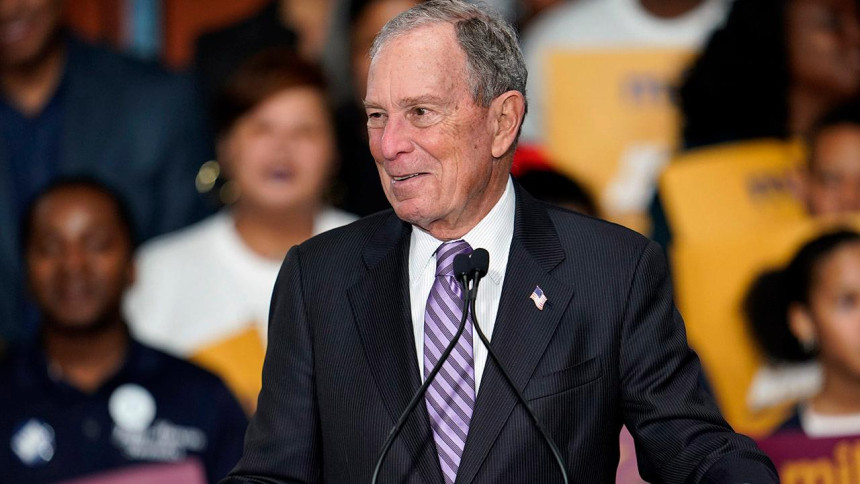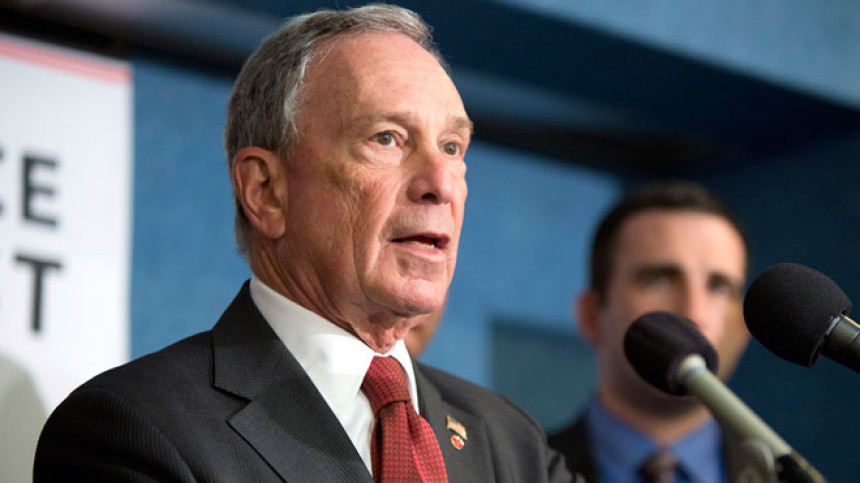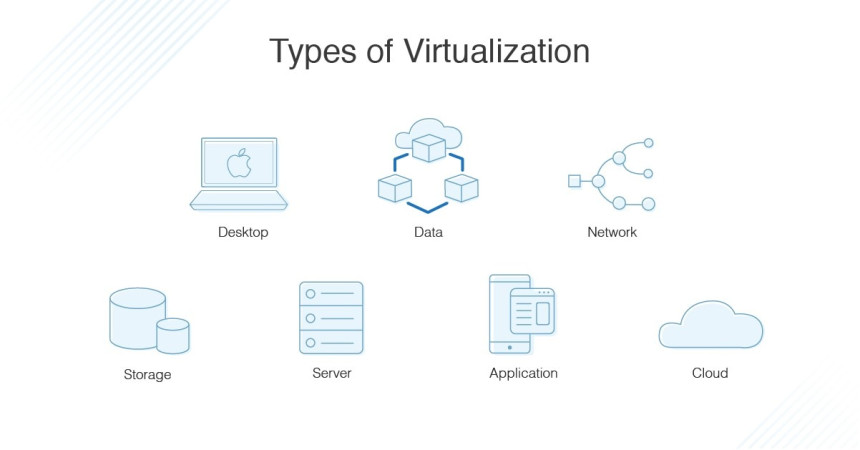
Michael Bloomberg Net Worth and Success Story
Michael Rubens Bloomberg was born on February 14, 1942, in Boston, Massachusetts. His father, William Henry Bloomberg, was a bookkeeper for a dairy company, and his mother, Charlotte Rubens Bloomberg, was a homemaker. Michael grew up in a middle-class Jewish family in the Boston neighborhood of Medford. His family's values of hard work and education played a significant role in shaping his future. Bloomberg attended Johns Hopkins University, where he earned a Bachelor of Science degree in electrical engineering in 1964. He then went on to pursue an MBA at Harvard Business School, graduating in 1966. These educational experiences equipped him with the technical and business skills that would later be pivotal in his career.
Early Career and Wall Street
After completing his MBA, Michael Bloomberg began his career on Wall Street at Salomon Brothers, a prominent investment bank. Starting as a general partner in 1966, he quickly rose through the ranks due to his strong work ethic and innovative thinking. Bloomberg was put in charge of the firm's nascent information systems, where he recognized the growing importance of technology in finance.
However, in 1981, Salomon Brothers was acquired, and Bloomberg was let go from the firm. Despite receiving a substantial severance package of $10 million, he faced the challenge of finding his next career move.
The Birth of Bloomberg LP
Bloomberg's departure from Salomon Brothers turned out to be a pivotal moment in his life. He saw an opportunity to revolutionize the way financial data was collected and analyzed. In 1981, he founded Innovative Market Systems (IMS), which would later become Bloomberg LP. His vision was to create a comprehensive and real-time financial information service that provided market data, analytics, and trading tools to professionals in the finance industry.
The Bloomberg TerminalThe cornerstone of Bloomberg LP's success was the Bloomberg Terminal, a computer system that integrated financial data, analytics, and communication tools. Launched in 1982, the terminal provided real-time market data, news, and analytics to traders, analysts, and investors. Its user-friendly interface and powerful features quickly made it an essential tool on Wall Street.
The Bloomberg Terminal's success can be attributed to several key innovations:
- Real-Time Data: The terminal provided real-time financial data, which was a game-changer for traders and investors who needed up-to-the-minute information to make informed decisions.
- Analytics and Tools: The terminal offered advanced analytical tools and functions that allowed users to perform complex financial analysis and modeling.
- Communication Features: The Bloomberg Terminal included messaging and email capabilities, enabling users to communicate and share information seamlessly.
The Bloomberg Terminal's subscription-based model generated steady revenue, allowing Bloomberg LP to grow rapidly. By the late 1980s, Bloomberg LP had become a dominant player in the financial information industry.
Expansion and Diversification
Building on the success of the Bloomberg Terminal, Michael Bloomberg expanded his company's offerings to include a wide range of financial products and services. This diversification helped Bloomberg LP become a global financial information powerhouse.
Bloomberg NewsIn 1990, Bloomberg launched Bloomberg News, a global news service that provided financial news, analysis, and data to its subscribers. Bloomberg News expanded the company's reach and influence in the financial world. It also underscored Bloomberg's commitment to providing comprehensive and accurate information to its users.
Bloomberg Television and RadioBloomberg further expanded into broadcasting with the launch of Bloomberg Television and Bloomberg Radio. These platforms provided real-time financial news and analysis to a broader audience, enhancing Bloomberg's brand and extending its influence beyond the financial industry.
Bloomberg BusinessweekIn 2009, Bloomberg acquired Businessweek, a leading business magazine, and rebranded it as Bloomberg Businessweek. This acquisition allowed Bloomberg to reach a wider audience and provided a platform for in-depth business journalism and analysis.
Public Service and Philanthropy
Michael Bloomberg's success in business provided him with the resources to make significant contributions to public service and philanthropy. His commitment to public service led him to enter politics and become one of the most influential mayors in the history of New York City.
Mayor of New York CityIn 2001, Michael Bloomberg ran for mayor of New York City as a Republican and won. He was re-elected for two additional terms, serving from 2002 to 2013. During his tenure, Bloomberg implemented numerous policies and initiatives that had a lasting impact on the city:
- Economic Development: Bloomberg focused on diversifying New York City's economy, promoting tech and innovation sectors, and attracting new businesses to the city.
- Public Health: He implemented groundbreaking public health initiatives, including a ban on smoking in public places and efforts to reduce obesity through better nutrition and exercise programs.
- Environmental Sustainability: Bloomberg's PlaNYC initiative aimed to make New York City more sustainable and resilient, with goals such as reducing greenhouse gas emissions and improving public transportation.
- Education Reform: Bloomberg championed education reform, increasing funding for public schools, promoting charter schools, and improving accountability and performance standards.
Michael Bloomberg is also a renowned philanthropist, having donated billions of dollars to various causes through his foundation, Bloomberg Philanthropies. His philanthropic efforts focus on areas such as public health, education, the environment, and the arts.
- Public Health: Bloomberg Philanthropies has supported initiatives to reduce tobacco use, combat obesity, and improve global health outcomes. Notably, Bloomberg has donated substantial funds to the World Health Organization (WHO) and other health organizations.
- Education: Bloomberg has made significant contributions to education, supporting initiatives to improve public schools, increase college access, and promote educational innovation.
- Environment: Bloomberg's commitment to environmental sustainability is evident in his support for initiatives to combat climate change, promote clean energy, and protect natural resources.
- Arts and Culture: Bloomberg has supported various cultural institutions and arts organizations, recognizing the importance of the arts in enriching communities and fostering creativity.

Net Worth
As of 2024, Michael Bloomberg's net worth is estimated to be around $96 billion, making him one of the wealthiest individuals in the world. His wealth is primarily derived from his 88% ownership of Bloomberg LP, which continues to be a highly profitable enterprise. Bloomberg's financial success has enabled him to make a significant impact through his philanthropic efforts and public service.
Legacy and Impact
Michael Bloomberg's legacy is multifaceted, encompassing his contributions to business, public service, and philanthropy. His innovative approach to financial information services revolutionized the finance industry, while his leadership as mayor of New York City and his philanthropic endeavors have had a lasting impact on society.
Revolutionizing Financial InformationThe Bloomberg Terminal transformed how financial professionals access and analyze information, setting new standards for the industry. Bloomberg LP's success is a testament to Michael Bloomberg's vision and entrepreneurial spirit. The company's continued growth and influence in the financial world underscore the lasting impact of his innovations.
Public Service and Urban LeadershipBloomberg's tenure as mayor of New York City demonstrated his commitment to public service and urban leadership. His policies and initiatives have left a lasting mark on the city, improving public health, fostering economic growth, and promoting sustainability. Bloomberg's pragmatic approach to governance and his ability to implement effective policies serve as a model for other cities and leaders.
Philanthropic ImpactThrough Bloomberg Philanthropies, Michael Bloomberg has made significant contributions to addressing some of the world's most pressing challenges. His support for public health initiatives, education reform, environmental sustainability, and the arts has improved the lives of millions of people worldwide. Bloomberg's philanthropic efforts reflect his belief in the power of data, innovation, and collaboration to drive positive change.
Personal Life
Michael Bloomberg has been married once to Susan Brown, with whom he has two daughters, Emma and Georgina. Although they divorced in 1993, Bloomberg remains close to his family. He is known for his disciplined work ethic, often working long hours and maintaining a rigorous schedule. Despite his immense wealth, Bloomberg is known for his relatively modest lifestyle and down-to-earth demeanor.
Conclusion
Michael Bloomberg's journey from a middle-class upbringing in Boston to becoming one of the wealthiest and most influential individuals in the world is a testament to his vision, determination, and entrepreneurial spirit. His contributions to the finance industry, public service, and philanthropy have had a profound and lasting impact on society.
Bloomberg's story is one of innovation and resilience, demonstrating the power of combining business acumen with a commitment to public service and philanthropy. His legacy as a pioneering entrepreneur, transformative mayor, and dedicated philanthropist will continue to inspire future generations of leaders and changemakers.





